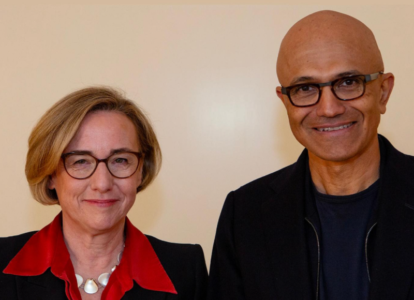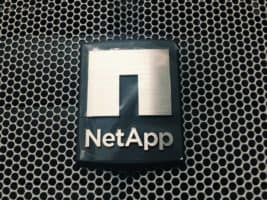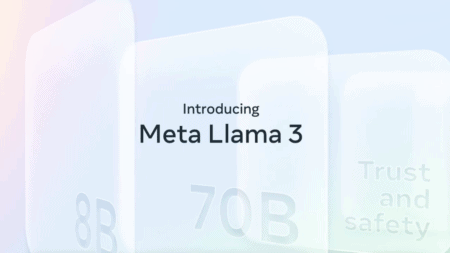Microsoft will no longer accept customers for its cloud service in Germany. It stands alone and is independent of the company’s global cloud offering. Existing customers can continue to use the same offer, but new customers can only join the general offer.
In an extensive statement, Microsoft states that the data centres in Germany are not connected to its global network. Access to the data in the data centres is controlled by a special body. But the service does not offer the flexibility and resilience that customers demand today. For this reason, Microsoft is stopping the further development of the German service. There will be security updates, but it won’t go any further than that.
Access to data
The old, stand-alone service stems from the way the U.S. government works. In 2014, emotions were running high when it stated that Microsoft had to give access to certain data it had stored on European territory. The company wouldn’t agree to that, so the case went to court. The U.S. government believes it has access to all data managed by U.S. companies, wherever they are held. That’s because the American rules apply to those companies.
According to Microsoft, the demand for a stand-alone cloud service was high in certain areas at the time. For this reason, it entered into a partnership with a subsidiary of Deutsche Telekom, which was responsible for managing the data centres. As a result, Microsoft itself had no access to the data and European rules applied.
New data centres
In the coming years, Microsoft will be working on the opening of new data centres in Germany. New customers can register at the same time. But those data centres won’t go live until the end of 2019. For this reason, Microsoft reports at the same time that customers can already sign up for the broader European offer.
This news article was automatically translated from Dutch to give Techzine.eu a head start. All news articles after September 1, 2019 are written in native English and NOT translated. All our background stories are written in native English as well. For more information read our launch article.


















